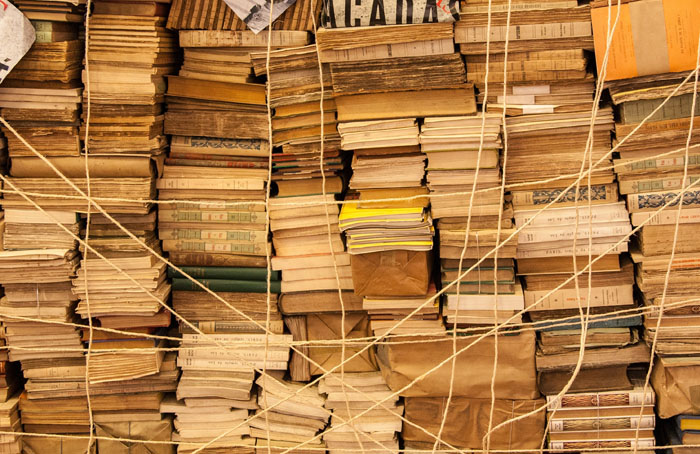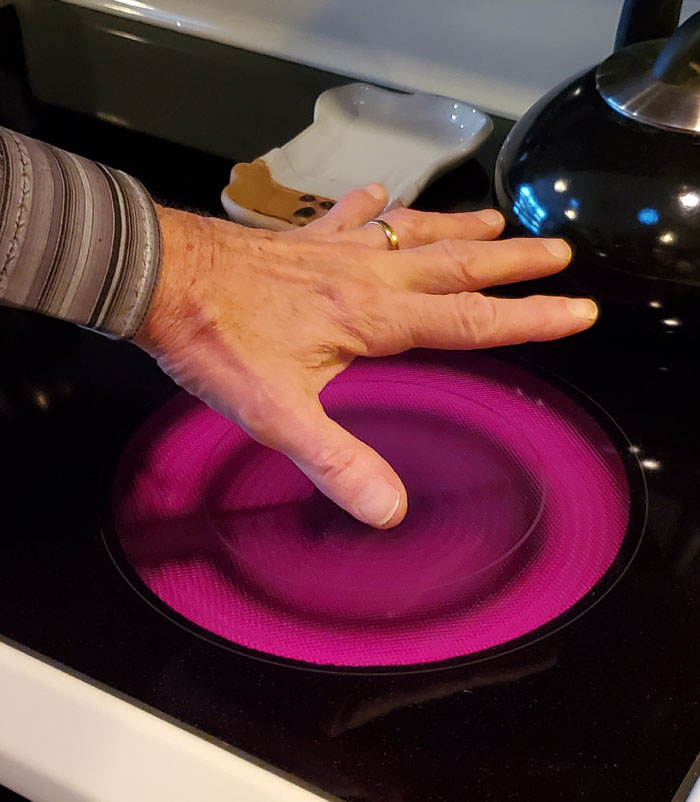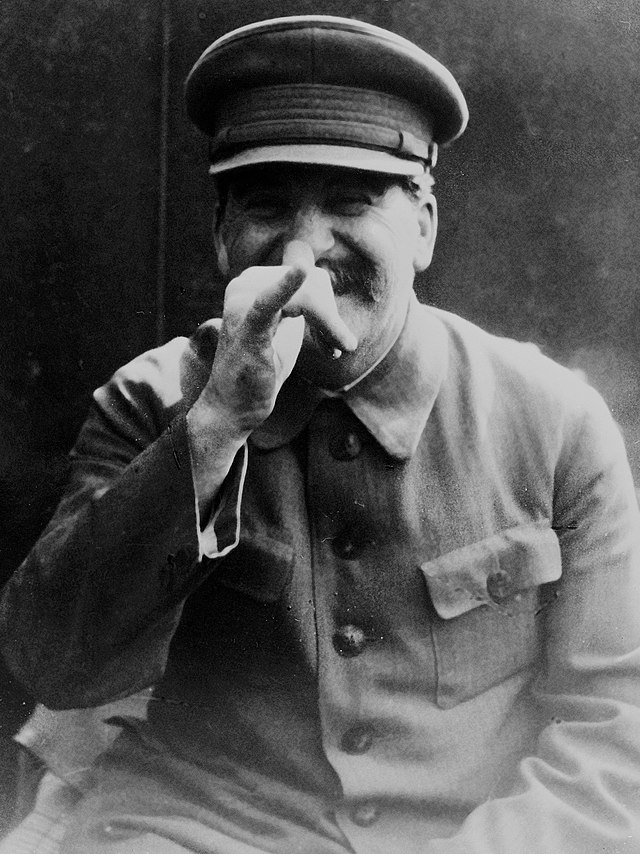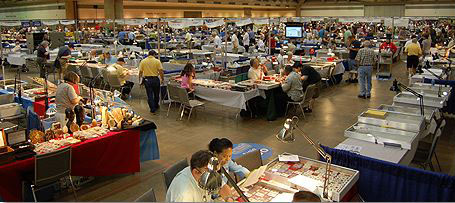Selling

Keepsakes, hoarding, or collecting?
I consider collecting a natural part of humanity. I've met a few people who claimed they didn't collect anything. So far, further questioning has proven that everyone collects or accumulates something they don't actually need. I've heard many silly explanations about not being a collector. The most popular has been, "I'm keeping those things because I might need them sometime in the future."
Really? Someone really needs 500 old buttons or a thousand old screws? When they avoid calling it "collecting," I've often suggested using the word "hoarding" and suddenly the word "collector" becomes more palatable.
Many say they are planning to read several books again. Or they are keeping old neckties because they were handed down from a grandparent. Want to see how important that old "keepsake" is to someone who claims not to be a collector? Ask them to give it to you. Or ask them to sell it to you for a dollar. I don't care what they say; a "keepsake" is merely an evasive synonym for a "collectible."
I bring up lowly "keepsakes" to illustrate that giving away collections or selling collections is not easy. Don't let anyone tell you it is.
When collectors face the subject of liquidating collections, they have three choices:
- Avoid the subject entirely.
- Give collections to people or institutions who want them.
- Sell.
Avoidance

Avoidance
I cannot possibly know the percentages, but people with small collections often avoid liquidation entirely. "Let the wife or the kids handle it. It's no big deal. Besides, they might want to keep it."
No. Wives and kids rarely want old collections unless they had a role in the collecting. And if collectors leave such things to survivors, collectors are handing off thankless and unwanted tasks that heirs do not want.
Don't believe me? Ask them.
My experience suggests avoidance is the #1 choice in liquidation. This is when estate sellers enter the picture. Those people and businesses are very good at selling off antiques and household goods. Many have connections with good buyers of coins, jewelry, typical collectibles, precious metals and the like. I have not yet heard of estate sellers who know how to liquidate certificates.
Donation
Donating stock and bond collections to museums and historical societies seems easy. Personally, I don't think the process is easy or particularly beneficial to donors. Practically every historical society in the country has been gifted things they did not really want.
Yes, there are tax benefits of donation, but remember that the IRS insists on proof of value. Appraisals are required if collections are valued over $5,000 and those appraisals must be third party and paid. I thoroughly advise running the idea of donation past tax professionals. I'm not talking about ordinary tax preparers or even tax lawyers. I'm talking about enrolled agents, a higher level of tax professional whose goals are keeping clients out of trouble, telling straight stories, and estimating ramifications of decisions on future tax filings.
Another problem with donation is finding the right organization. Not all of them want stocks and bonds. Exceedingly few will ever show certificates to the public and those that do will probably show only a miniscule number. The remainder of collections will live out their lives in cardboard boxes, merely waiting for the day that they are either stolen, damaged, or deaccessioned. Many small historical societies are already drowning in donations. Storage and security are already serious problems for many organizations and only grow worse with every successive donation.
Do not assume museums and societies want scripophily collections. They may take them, but that doesn't mean they want them. If organizations are not already focused on corporate finance, stocks and bonds are little more than curiosities.
If collectors really want to benefit museums and societies, they should give them money. Again, don't believe me. Ask them!

I do not have a problem donating common and ordinary material. Removing such items from the marketplace will never affect the hobby.
The problem I have is with collectors who want to purposely lock away one-of-a-kind items. They are ignoring the bigger picture. Those collectors paid good money to purchase unique items and they thoroughly enjoyed their ownerships for years. But at gifting time, those very same donors remove important and desirable certificates from the marketplace without giving a second thought to future collectors. By donating rarities, they are purposely denying other collectors the pleasures they enjoyed. Where is the high-mindedness in thumbing noses at future collectors?
As much as I advise against donating collections of stocks and bonds to museums and historical societies, I will admit a flip-side argument. Some donated certificates will ultimately rejoin the market at some future time through deaccessioning. Museums and societies simply cannot keep every donation. They must rid themselves of off-topic material, sometimes through trades and sometimes through sales and auctions. Organization board members are keenly aware of the never-ending challenges of finding funds to preserve, store, and secure their holdings. Organizations that don't deaccession today will certainly do so later.
What about the tax ramifications of donations? I am not a tax professional so I cannot give tax advice. I can tell you, however, that deductions are equal to appraised value times effective tax rates. If someone in the highest tax category donated an appraised $10,000 collection and were in the highest income tax bracket, they would receive a deduction of $3,700 (37% of $10,000 at 2023 tax rates.) If willing to accept that little, why not sell to a dealer or through an auction house?
If you are at all considering donation, I BEG YOU IN THE STRONGEST POSSIBLE WAY to consult with an enrolled agent to get an educated idea of what your actual tax credits might be. Then, like the example above, use that value as a guidepost to what you might be able to get by selling your collection. PLEASE.
Selling
Selling can be a truly painful chore for collectors. Selling is seldom their area of expertise and is therefore a bit mysterious. Instead of always searching for something new to buy, sellers need to search for buyers. Finding buyers is a whole different skill set and not one to be taken lightly.
IF SELLING WERE EASY,
EVERYONE WOULD BE DOING IT.
Pricing is another challenge. Sellers need to look at collectibles from a completely different viewpoint than they have been used to. No collector wants to lose money when selling, but they need to realize that no future buyer cares what sellers paid. Collecting is a me-me-me process. Selling is all about them-them-them.
Collectors need to do much thinking before merrily setting joining the ranks of salespeople.
- Do they want to sell their collection piecemeal or in its entirety?
- Do they want to sell to a single buyer or hundreds of individual collectors?
- Do they want to sell directly to buyers or indirectly through intermediaries?
- Do they know what their collections might sell for?
- Are they in a hurry or do they have time? How much time?
- Which is more important? Time or money?
- Do collectors turned sellers have skills at selling?
- Do they have inventive ideas about finding buyers?

Setting up a table at a coin, stamp, or scripophily show
There are several ways to liquidate collections, each drawing on different skills, tolerances, knowledge, and relationships. The appropriateness of any or all depends on the how much time is available and how much money is wanted. Bluntly, the more money collectors want to receive for their collectibles, the longer liquidation will take. Here is a list of selling possibilities arrayed from quickest (least money, least hassle) to slowest (most money, maybe.)
- Wholesale to large professional dealers.
- Sell through professional auction houses.
- Sell by consignment through smaller professional dealers.
- Sell through private auctions. (eBay and eBay competitors.)
- Sell by mail (producing catalogs and price lists and finding buyers through websites and advertisements.)
- Sell face-to-face (rent tables at collectible shows.)